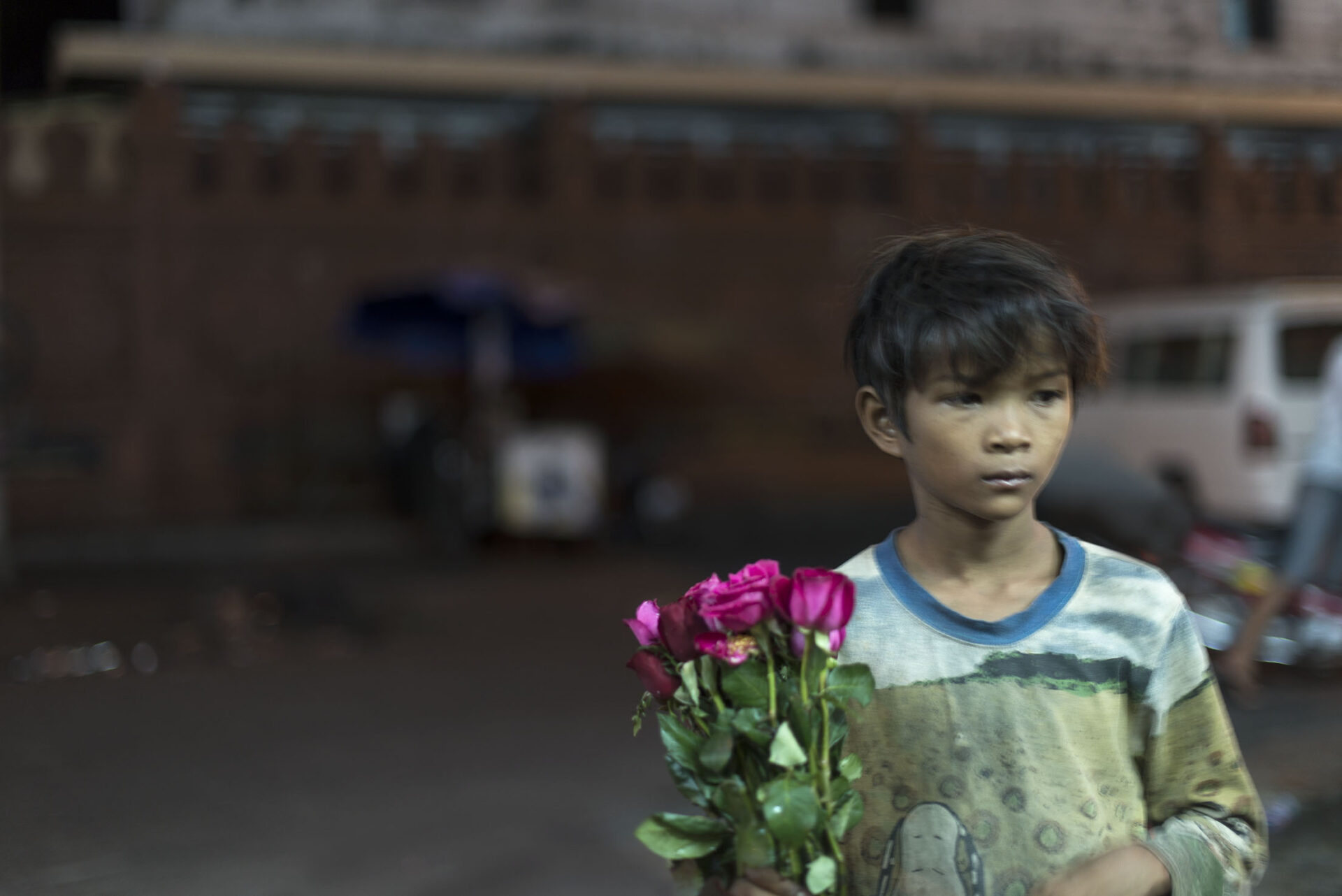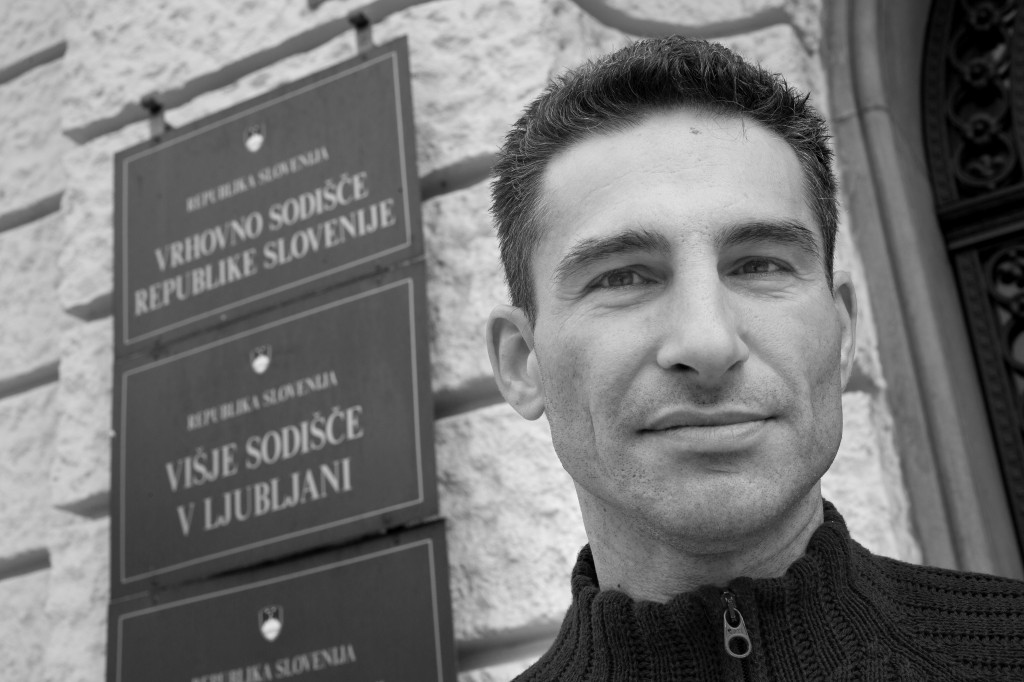When you search for information on homeless people in Bangkok, you will find the astonishing figure of about 2000 homeless. In an Asian city with 50 million people, that is close to nothing. And it is true, there are a lot of beggars, but it is unclear if they live on the street. You don’t see that much people sleeping on the streets. Especially you don’t see them in the touristic areas. So it is even unclear if they are not there because of some kind of city policy and police control, or that they are simply not there. Honest enough, the streets are crowded and the traffic is the worst in the world, but the streets are clean and well maintained.
As is stated in newspapers (www.nationmultimedia.com and www.globalvoicesonline.org) these 2000 people are helped, one way or the other, giving the impression that only those who really don’t want to have a home, stay on the street. Building special asylums is reported frequently in the newspapers. The Issarachon foundation (www.Issarachon.org) is one of the leading foundations that help the homeless. “The foundation focuses on the individual effected and aims to rehabilitate the feelings of families, communities and surrounding environment. Members of the foundation visit effected ‘homeless’ individuals and families, encourage them to discuss and talk about their feelings and work to find reasons for leaving home, to find ways to improve their quality of life and also the work of the organization.”
The group of homeless itself is as complex as anywhere in the world. Be it depressed people, children, alcoholics, mental patients and sex-workers. A special group of about an estimated 800 homeless in Thailand are expatriates, people from America and Europa, mostly white men with visa problems or alcoholics. Shame seems to be a good reason to stay on the street. Homeless are ashamed about their situation and don’t want to go back to their families.
But be it true or not, it might be a question of definition. In the slums and shanti towns there are too many of people living under circumstances you can’t call a house. An estimated 400.000 people live in these slums, at the river waterfront, along the tracks of the railways, having trains passing a meter from their shacks and shelters. Even here there is complexity at hand. It’s not only for low income reasons people stay in the slums. Avoiding the traffic from and to their villages by people selling fruit stay there, and taxi and tuctuc drivers stay there, close to their work. Especially slums of the boathouses have a family tradition from way back that keeps the dwellers to their shanty boats. Klong Toey is a slum where people life that work in the harbor. The fight between the landowners and the shanty people is fierce. Landowners put parts of Klong Toey on fire and are even accused of chemically poisoning the inhabitants.
The beggars in the street are mostly from Laos or Cambodia. They came for work and stayed when they ran out of work. Any kind of social security is not accessible for this group. Most of them are women in their thirties or early forties accompanied with one or two children, mostly sleeping. They look clean and they seem not to suffer from hunger and are easy to speak to, not showing any aggression when you try to make contact. Of course in every tourist guide it is said that there are beggar gangs and that the actual beggars don’t get the money. But this kind of stories I even heard in the shanty towns of Myanmar, where the leper beggars were said to be very rich but too greedy to spent their money.
And there is a group of beggars that have some kind of disability, missing legs, or arms or I even saw one missing both. They also look clean, even shaved and don’t smell. Approaching them was more difficult; I felt a kind of shame in them. Anyhow, a society should take care of this group, nobody chooses to be disabled. They are mostly men at the age of 40 and up.
Homeless foreigners I did not see. I only saw them in Phnom Penn. In general most of them were married or had a relation with a Thai. After the relation broke or for any other reason, they seemed to be more vulnerable to alcohol and lose their way in the bureaucratic process of going back home. When you want to leave Thailand, there is a special counter were you have to pay the fine for overstaying. If you don’t pay, they don’t let you out. And overstaying is almost a necessity. The corrupt process of keeping a visa is considered expensive and inhuman. Every year a new application has to be done, and in case a 40.000 Bath income per year cannot be proofed, the visa is refused. It is noted that the Thai police leaves them and is not aggressive against them. They even tried to attend the foreign embassies to them, but it is reported that they are not interested in helping their own citizens.
Martijn Crowe

